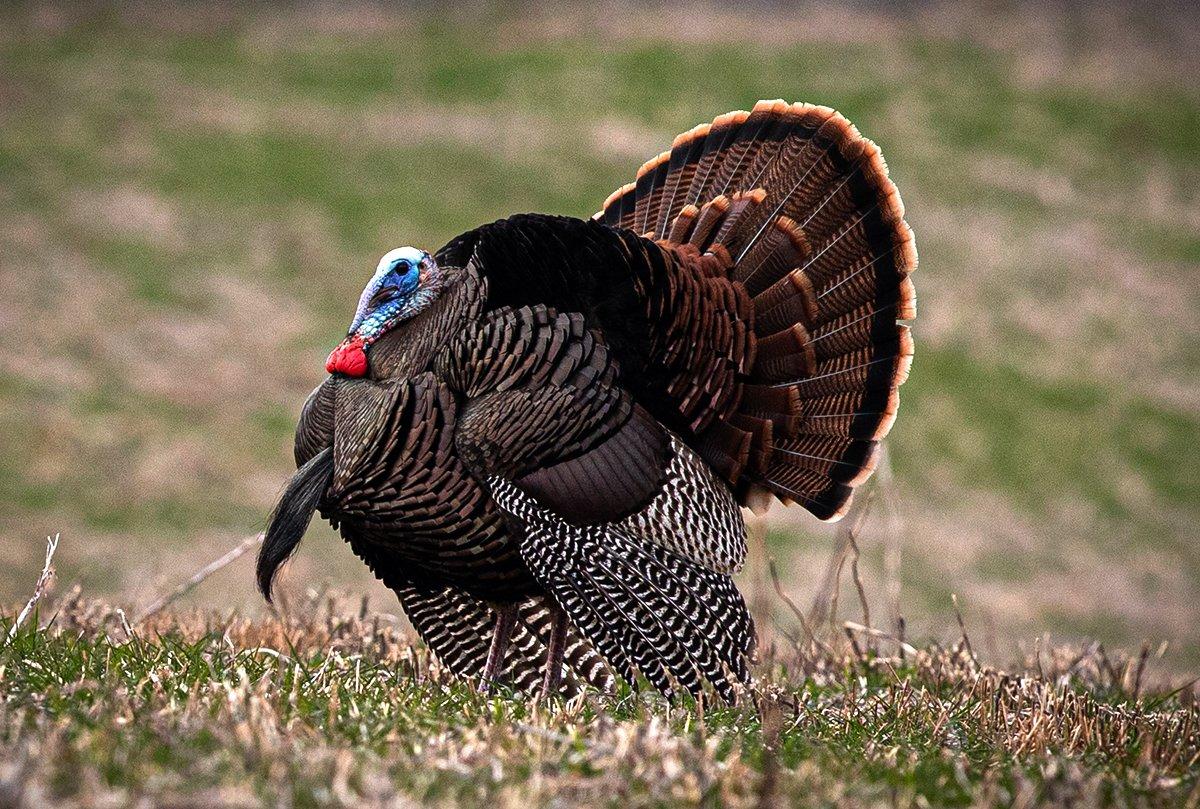Conservation measures see Georgia, Alabama, and Mississippi, among others, tweak 2022 hunting regs
By many estimates, wild turkey populations have declined in some regions, notably the Southeast and particularly the Deep South.
Adjusting season dates and bag limits and even coordinating hunter participation to regulate pressure on birds are some approaches wildlife officials use to manage outdoor resources. Other factors such as turkey diseases, predators' impact on survival of nesting hens and hatched poults, habitat fragmentation, and poaching all influence modern-day conservation decisions.

Georgia
Statewide, the Georgia turkey season is shifted to open later, on April 2, 2022, as opposed to the March 20 opening day last year. On WMAs, VPAs, and national forests, the turkey season opens on April 9, 2022.
The season still closes on May 15, the traditional last day.
The statewide bag limit has been reduced to two gobblers per season, with a one-gobbler daily bag limit. Additionally, the bag limit on WMAs, VPAs, and national forest lands (outside WMAs) is one gobbler per area.
[Read More: Georgia Turkey Hunting Nation]
Alabama
David Rainer, of the Alabama Department of Conservation and Natural Resources, reports that the Alabama Conservation Advisory Board has officially recommended a starting date of March 25 for the 2022 spring turkey season, with a four-bird season bag limit.
This came after a 6-2 vote with two abstentions.
They also recommended prohibiting hunters from using decoys for the first 10 days of the 45-day season for most of the state, now approved.
[Read More: Alabama Turkey Hunting Nation]
Mississippi
As turkey hunters, we're driven by a love of full-throated gobbles and displaying strutters. Each spring season, we aim to work in as many hunts as we can. “Early and often,” the saying goes. Our desire to be out there with America's greatest game bird demands it.
Mississippi, with its appealing traditional early start (mid-March), has long been a destination for nonresident spring turkey hunters. This has been especially true during the pandemic. The Mississippi Department of Wildlife, Fisheries and Parks (MDWFP) reports that nonresident license sales during the season's initial weeks doubled in the last two years, prompting public calls to address the issue.
Increased license sales: That's good for boosting revenue streams, of course. But it's also an important consideration as far as managing Mississippi turkey flocks goes.
“Our goal is simply to cap the number of nonresident hunters on public lands to be more in line with historic norms,” said turkey program coordinator Adam Butler. “Quality hunting cannot be maintained on a limited resource when faced with ever-increasing pressure. This process will allow for some nonresident access but will help keep those numbers at a sustainable level.”
Last August, these MDWFP proposed changes were approved, an effort to reach this goal.
[Read More: Mississippi Turkey Hunting Nation]
Louisiana
No major regulation changes this season, but unfortunately, turkey numbers have steadily declined of late. That's the present newsmaker. Just a handful of years ago, state officials estimated the wild turkey population at 80,000 birds.
As of 2022, this number has flattened to just 40,000.
[Read More: Louisiana Turkey Hunting Nation]
Arkansas
Arkansas hunters killed and checked in 7,010 Eastern wild turkeys during the 2021 spring season. While the harvest showed a similar decrease to that of surrounding states, Arkansas Game and Fish Commission (AGFC) biologists are hopeful for the future.
They expected to see a decline in checked birds, Jeremy Wood, AGFC Turkey Program coordinator, said. “With conservative season dates and new regulations in place to spread hunting pressure, we tried to give turkeys as much of a chance as we could to breed and create future hunting opportunities while maintaining a reasonably good hunting experience. We have to think about the resource first if we want to see the population increase.”
Regulation changes have been enacted, as detailed in our Arkansas Turkey Hunting Nation post.
[Read More: Arkansas Turkey Hunting Nation]
Turkeys for Tomorrow Group Aims to Help
So, are you seeing fewer wild turkeys these days? As noted here, flock populations have declined in some states, notably the Southeast.
Sponsored by Realtree, Turkeys for Tomorrow (TFT) — a nonprofit organization chartered by a small group of veteran turkey hunters who shared the common belief that turkey populations needed help — has begun work with Auburn University wildlife researchers to help this conservation cause.
[Read More: Turkeys for Tomorrow Group Aims to Help Declining Southeast Populations]
What makes Realtree.com the best online resource for turkey hunters? See for yourself. We cover all things turkey right here.












































